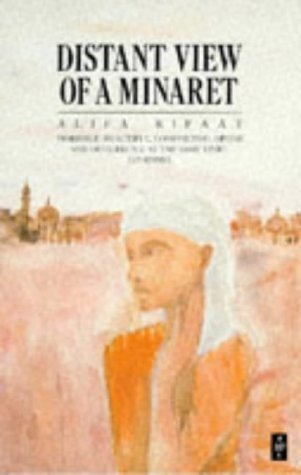What do you think?
Rate this book


116 pages, Paperback
First published January 1, 1983
Third World women complained that the agenda had been hijacked by European and American women who were only interested in contraception and abortion; and that when they did tackle "Third World" issues, they sounded both patronising and racist. Even at Beijing in 1995, there were complaints that endless discussions by Westerners of reproductive rights and sexual orientation meant that the urgent concerns of women from less developed nations were ignored.*


When I was young I'd take my children to play in the park, where I'd see groups of old women sitting on the wooden benches under the trees. They would chatter away amongst themselves, sometimes all of them talking at once. Some of them knitted as they talked or watched the children playing. I used to tell myself that one day I would spend my time like them. But it seems there aren't any more parks in Cairo. The children and the elderly are not catered for in a city that is unable even to provide its citizens with homes because of the way they are increasing so rapidly.
During the last few years, as I get older, I notice myself spending more time in bringing to mind past memories, especially during the short period between waking up and getting out of bed. Sometimes I remember incidents from way back that I'd completely forgotten. It seems that, although every single moment of one's life is stored away in the depths of one's mind, it is the happy moments that lie nearest the surface and are most easily recalled. No wonder old people like to live in the past.
Today, I told myself, I'd stay on in bed. What was the point of getting up? (114-115)